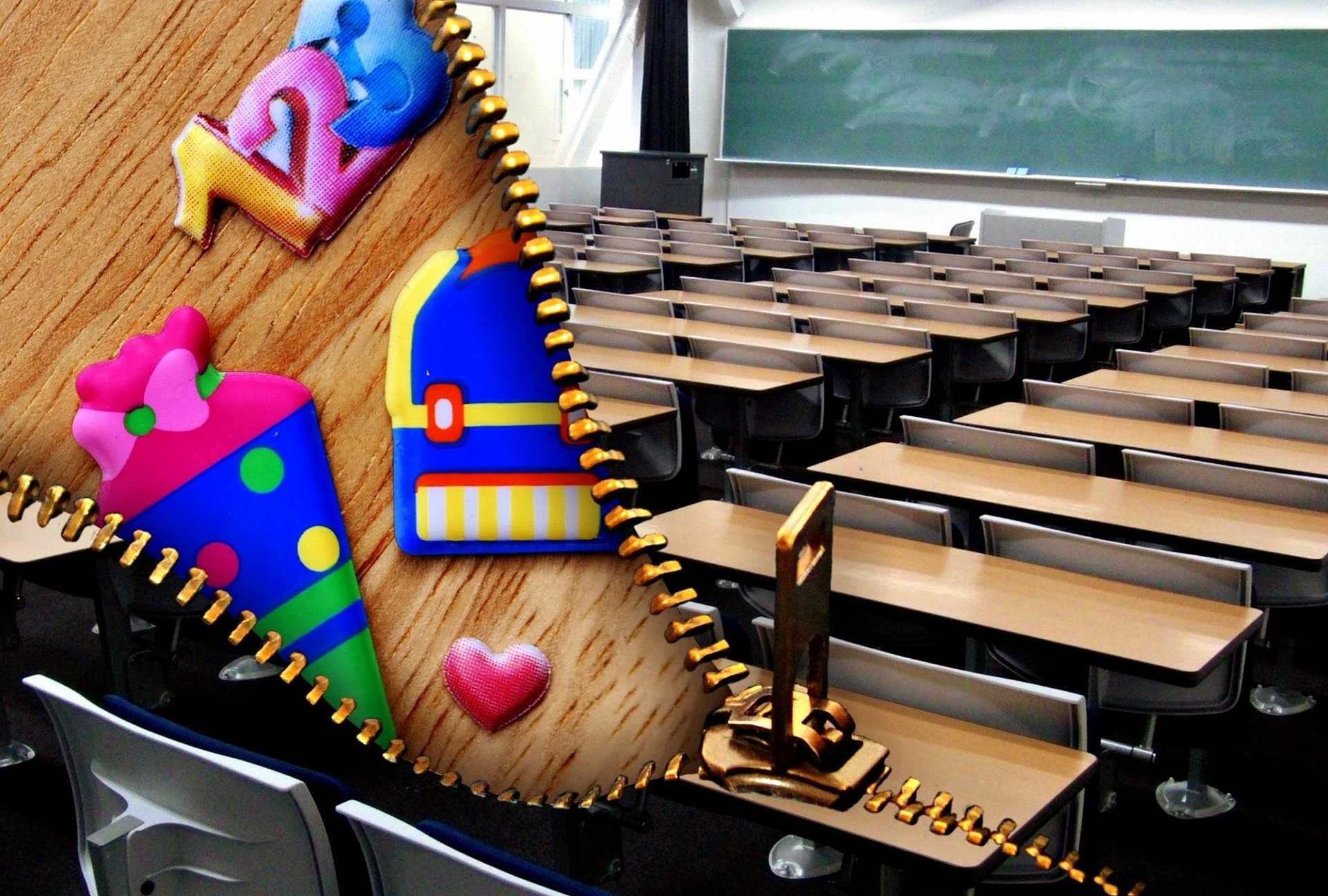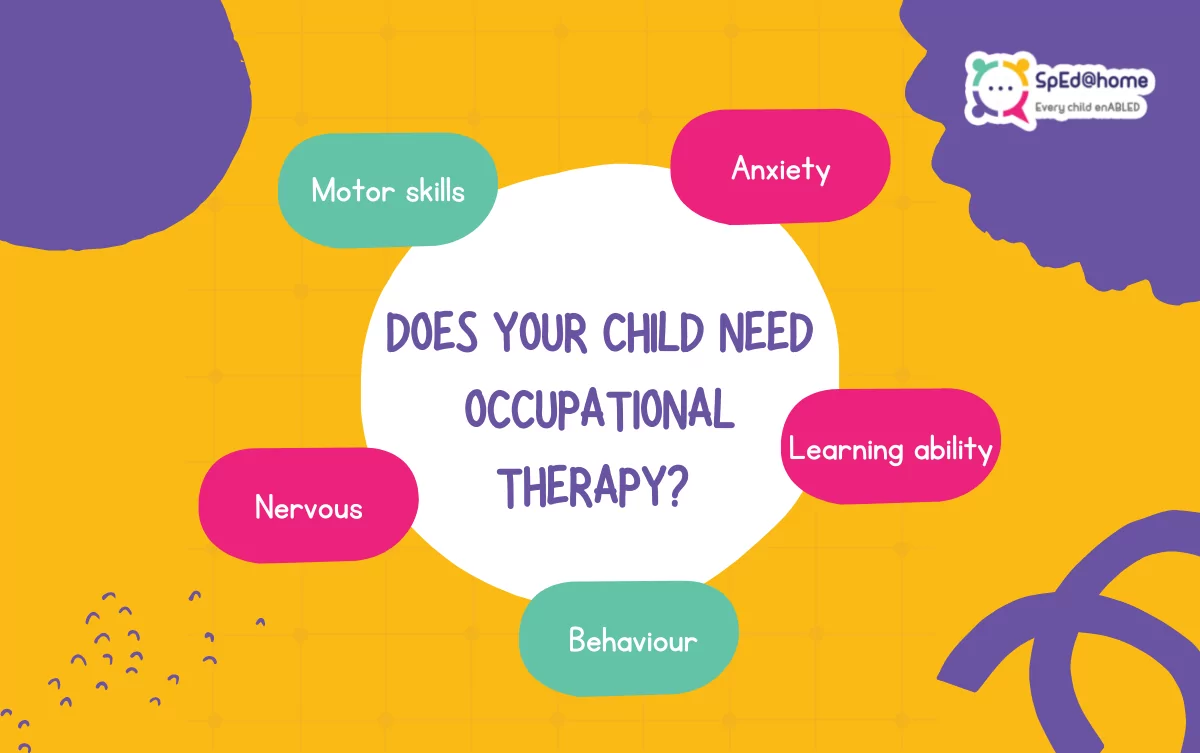Cognitive Assessment for Children: Unlocking How Kids Learn and Think
Every child processes information differently. While some grasp concepts quickly, others may struggle despite effort and support. A cognitive assessment for children provides insight into how a child thinks, learns, and solves problems, helping parents and teachers tailor learning strategies for success.
What is a Cognitive Assessment?
A cognitive assessment is a structured evaluation that measures a child’s thinking, reasoning, memory, attention, and problem-solving abilities. It is usually conducted by psychologists or educational specialists and aims to uncover both strengths and challenges in a child’s cognitive development.
Unlike academic tests, cognitive assessments focus on how a child learns, rather than what they have learned.
Why is it Important?
Understanding a child’s cognitive profile can help:
- Identify learning difficulties early.
- Highlight areas of giftedness.
- Inform Individualized Education Plans (IEPs) or learning strategies.
- Reduce frustration by aligning teaching methods with how the child thinks.
Cognitive assessments are essential for children who struggle academically, display uneven skills, or need advanced learning opportunities.
Signs Your Child May Benefit from a Cognitive Assessment
Parents might consider an assessment if a child:
- Struggles to follow instructions or solve problems.
- Shows uneven academic performance across subjects.
- Has difficulty with memory or retaining information.
- Finds it hard to concentrate or stay on task.
- Is either consistently ahead or behind peers in certain areas.
These signs can indicate differences in learning style or cognitive processing that benefit from professional evaluation.
How the Assessment Works
A typical cognitive assessment includes:
- Parent and teacher questionnaires – Collecting observations about learning and behavior.
- Standardized tests – Measuring memory, reasoning, problem-solving, and processing speed.
- Observation – Watching how the child approaches tasks and solves problems.
- Analysis and report – Providing a detailed breakdown of cognitive strengths and areas that may need support.
Benefits of a Cognitive Assessment
- Tailored learning strategies that fit the child’s cognitive profile.
- Early intervention to address potential challenges before they affect academic progress.
- Enhanced self-esteem as children understand their strengths and weaknesses.
- Support for parents and teachers to optimize learning both at home and in school.
Implementing the Results
Once the assessment is complete, recommendations may include:
- Academic interventions and skill-building programs.
- Memory or attention exercises.
- Adjustments in teaching style or classroom support.
- Enrichment programs for advanced learners.
The goal is to empower children with strategies that help them learn more effectively and confidently.
Final Thoughts
A cognitive assessment for children is more than a test—it’s a window into how your child thinks and learns. By understanding cognitive strengths and challenges, parents and educators can provide the right support, ensuring every child reaches their full potential.


